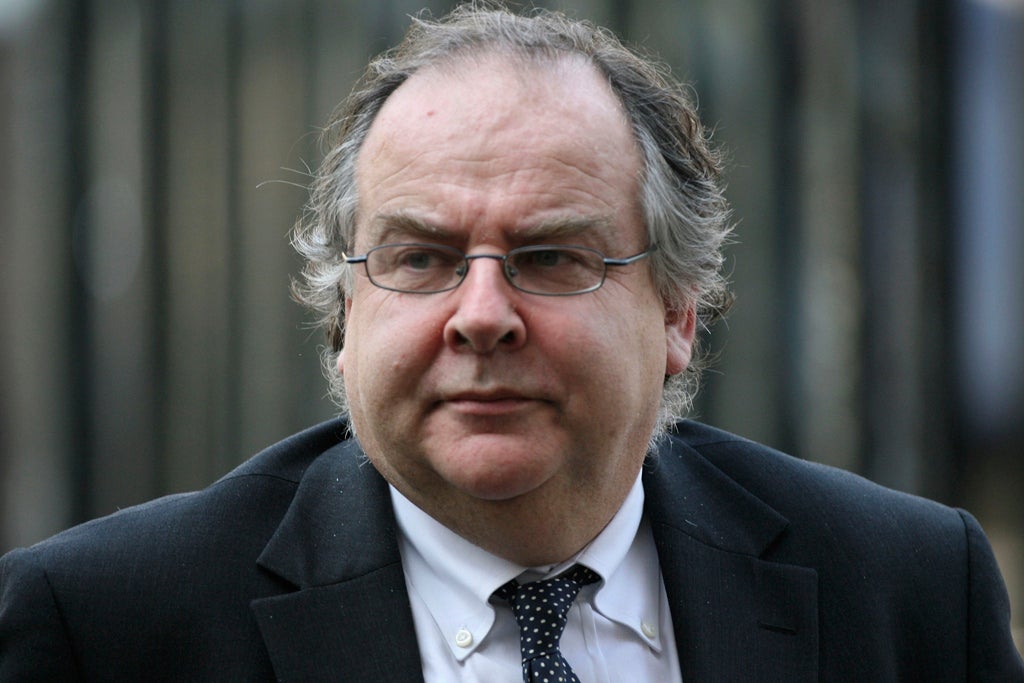Assisted suicide could be legalised as Government allows free vote
MPs will be allowed to vote with their conscience on Lord Falconer's Bill

Your support helps us to tell the story
From reproductive rights to climate change to Big Tech, The Independent is on the ground when the story is developing. Whether it's investigating the financials of Elon Musk's pro-Trump PAC or producing our latest documentary, 'The A Word', which shines a light on the American women fighting for reproductive rights, we know how important it is to parse out the facts from the messaging.
At such a critical moment in US history, we need reporters on the ground. Your donation allows us to keep sending journalists to speak to both sides of the story.
The Independent is trusted by Americans across the entire political spectrum. And unlike many other quality news outlets, we choose not to lock Americans out of our reporting and analysis with paywalls. We believe quality journalism should be available to everyone, paid for by those who can afford it.
Your support makes all the difference.MPs and peers will be given a free vote on whether to change the law on assisted suicide, the Government said on Sunday.
The decision is a boost for campaigners who want to amend the 1961 Suicide Act, under which people still face 14 years in jail for helping someone to take their own life. Although the Director of Public Prosecutions has issued guidelines saying that a person “acting out of compassion” was unlikely to be charged, supporters want the law to be clarified.
Lord Falconer of Thoroton, the Labour former Lord Chancellor, has introduced an “assisted dying” Bill, which would allow two doctors to prescribe a lethal drugs dose to a terminally ill patient with less than six months to live. His measure will be voted on in the Lords in the next few months and by the Commons later this year.
A Ministry of Justice spokeswoman said: "The Government believes that any change to the law in this emotive and contentious area is an issue of individual conscience and a matter for Parliament to decide rather than government policy."
MPs said on Sunday that it was too early to tell whether the Bill would win approval, but some believe support was moving in favour of the measure. However, other MPs will oppose it passionately.
David Cameron and Nick Clegg have rejected the idea in the past. But Norman Lamb, the Liberal Democrat Care Minister, said he would vote in favour. He believed there would be "quite widespread public support" for ending a "cruel" system that left relatives unsure if they would be prosecuted. He told Sky News: "Can we really be comfortable with a situation where people, acting out of compassion for a loved one who is dying, are left uncertain as to whether they will face prosecution?”
But doctors, disability campaigners and churches have warned that a change in the law would leave people vulnerable to pressure from family and others to end their lives.
Richard Hawkes, chief executive of the disability charity Scope, said the ban should not be ended. "The ban on assisted suicide sends a really powerful message countering the view that if you're disabled it's not worth being alive, and that you're a burden. It provides crucial protection to any person who feels under pressure to end their life,” he said.
The Care Not Killing alliance said: "There is nothing liberal about wanting to end the lives of the terminally ill, the disabled and the elderly. What we should be discussing is how we ensure equal access to good quality medical care and life-saving and preserving drugs.”
Join our commenting forum
Join thought-provoking conversations, follow other Independent readers and see their replies
Comments